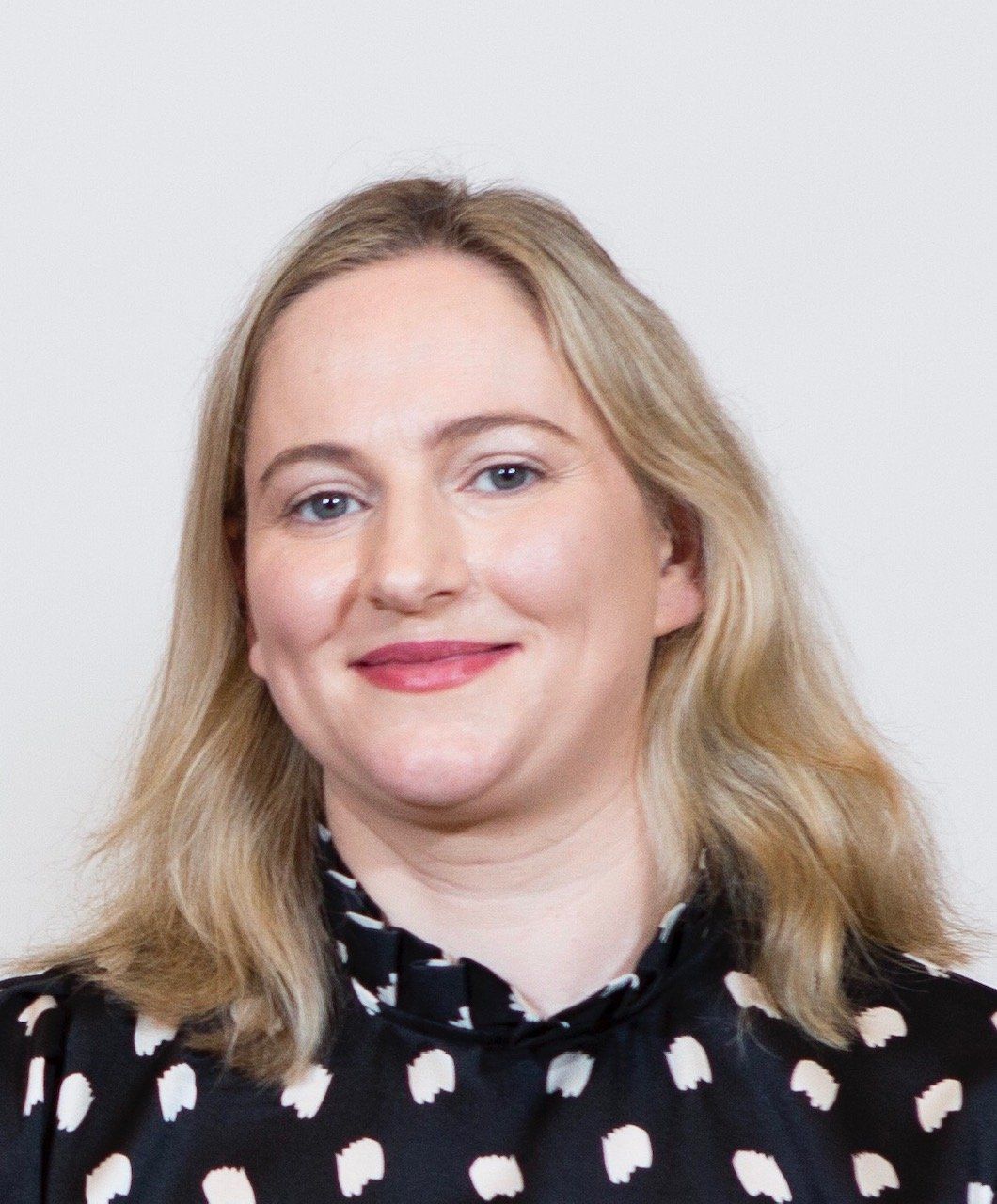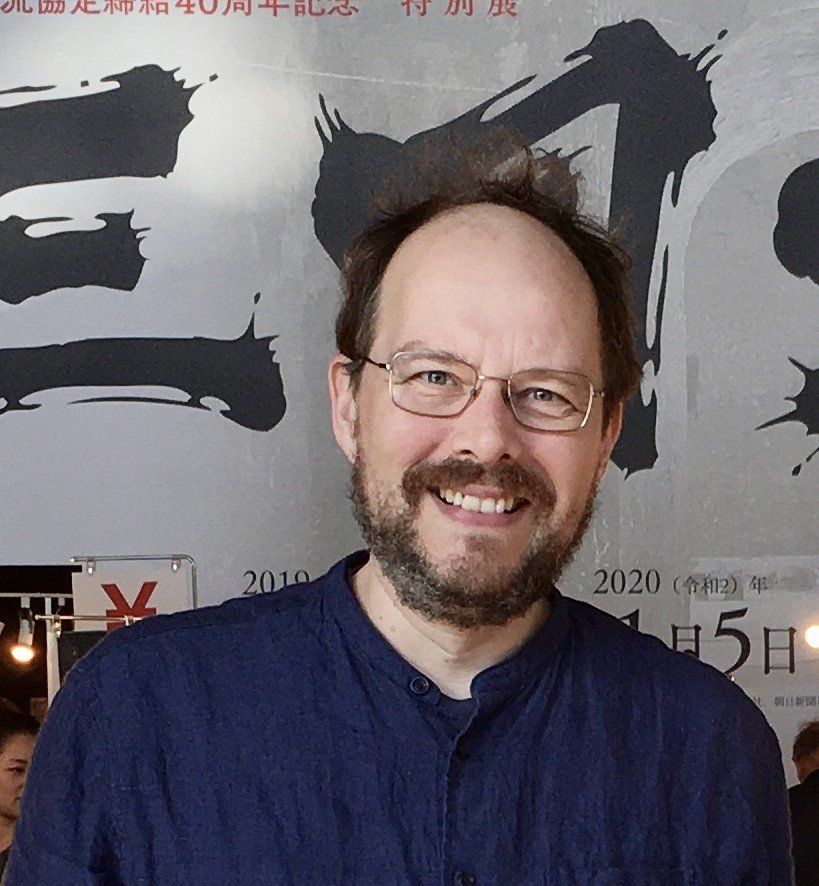Dr. Audrey Bryan is an Associate Professor of Sociology in the School of Human Development, Dublin City University. Her most recent work asks:What educationally and socially transformative possibilities exist when emotion, affect and feeling are taken seriously as a focus of educational research and practice?
Future trends in Development Education
Friday 26 November, 12.30-2pm
This lunchtime webinar will provide a look forward at future trends and emerging issues in Development Education/Global Citizenship Education. We will identify and explore possibilities and problems influencing how development education is conceived and practised.
The session will be moderated by Dervla King. Dervla is programme manager with Comhlámh, which supports international volunteers and development workers to act in solidarity for a just, equitable and sustainable world.
Speakers include Dr Audrey Bryan Associate Professor of Sociology in the School of Human Development, Dublin City University. Audrey will share her research on a new ‘emotional paradigm’ within education that is influencing Development Education, including the increasing emphasis on neurologically-informed approaches to the pursuit of global justice goals and competencies such as mindfulness, empathy and compassion, on the one hand, and increasing recognition of the need to attend to difficult emotions within Global Citizenship Education, on the other.
She will be joined by Edward Vickers, Professor of Comparative Education at Kyushu University in Japan. Edward will discuss the political context for this focus on social-emotional learning along with 'brain science' and educational technology, drawing on his own recent experience of educational development work. He will show how an excessive focus on learning at the level of individual 'brains' decontextualises and depoliticises educational debate, in ways profoundly convenient to those determined to preserve the political and socio-economic status quo.
They will also be joined by Joyce Raanhuis, a doctoral student at the Centre for International Teacher Education (CITE), Cape Peninsula University of Technology (CPUT) in Cape Town. She will draw upon her research and experiences of teacher professional development in the South African context, and will discuss the influences of Development Education and social cohesion and their relevance towards building a just society.
The webinar is aimed at anyone with an interest in Development Education, both newcomers and established practitioners, IDEA members and representatives from other sectors, and other parts of the World.
It will run over lunchtime so feel free to enjoy your lunch during it.
If you have questions, or would like to know more, please contact us.
Biographies












